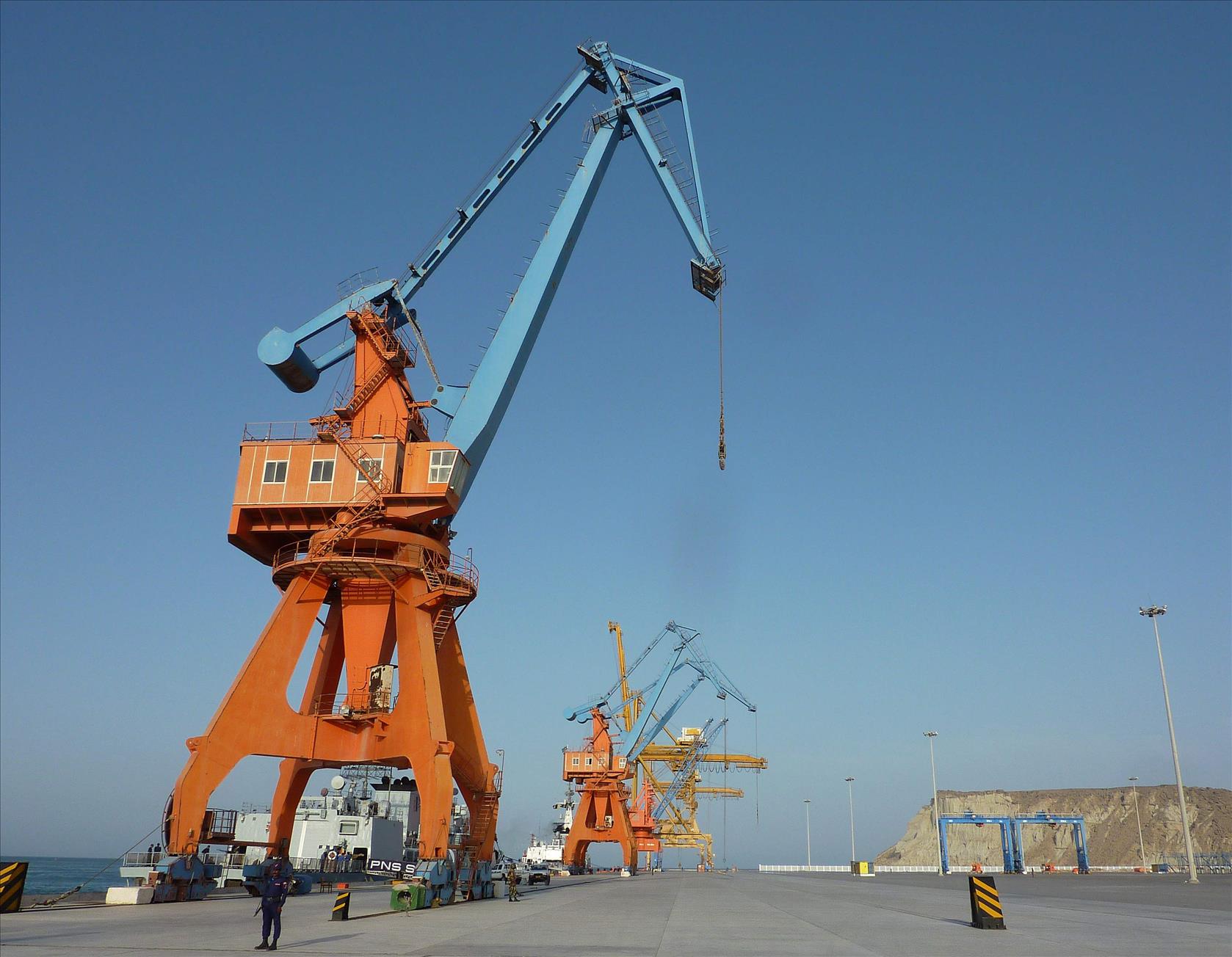
403
Sorry!!
Error! We're sorry, but the page you were looking for doesn't exist.
Saarc meet in Pakistan set to focus on trade corridors
(MENAFN- Khaleej Times) The top leaders of eight South Asian and 28 European Union (EU) countries are taking bold steps to integrate their regions in order to multiply business and expand investment as South Asia and Central Asiaare fast emerging as the single largest zone of economic activity globally. These are the key points likely to be discussed at the conference of South Asian Association for Regional Cooperation (Saarc) finance ministers, scheduled to be held in Pakistan in July. Investment and business plans were unveiled at the recently-concluded conference of the Central Asia Regional Economic Cooperation (Carec) programme at Frankfurt, held under the aegis of Manila-based Asian Development Bank (ADB). Sean O'Sullivan, the ADB director-general for Central-West Asia department, said: "The Carec initiative is meant to construct economic corridors where $22 billion is meant only for the transport and road sector." The ADB will fund $28 billion for the Carec initiative. Pakistan received $1 billion which assisted in building its road network from Faisalabad to Multan. The Carec's next focus "will be to make the Pakistan Railways economically viable," Railway Minister Khawaja Saad Rafiq said. Facilitating trade Sullivan said: "Our partnership with Carec aims at establishing a network of multi-modal transport corridors that open up economic opportunities and intercontinental trade. Carec builds up transport infrastructure and moves people and goods across borders faster and at less cost by modernisingcustoms procedures, removing bottlenecks at border and simplifyingtrade. It also works to ensure energy security and efficiency and to promote energy trade." More funding is also planned for other sectors in the region as it gets connected with the first phase of the $46 billion China Pakistan Economic Corridor and Japan in the east, and on way to Turkey, Western Europe and EU in the west. Apart from Saarc finance ministers, central bankers, trade and planning officials will attend the July conference. Heads of state and prime ministers are also likely to attend the Saarc conference to make the region move forward at full steam. Finance ministers from Afghanistan, Bangladesh, Nepal, Pakistan and Sri Lanka attended the ADB's 49th annual session in Frankfurt. Some of the questions which will come up at the Saarc session at Islamabad were discussed at Frankfurt. These questions relate to the slow movement of inter-regional and regional trade, investment inflows, tariff reduction and the problems of connectivity and infrastructure. Sabyasachi Mitra, deputy representative of ADB, gave a presentation on trade corridor projects in South Asia and Central Asia and discussed their business, trade and investment potential. Improving logistics One of the key items at the Saarc conference will be "closer commercial ties among member countries by investing in trade corridors to fasttrack intra-regional movement of cargo," a conference official said. "Several finance ministers agreed that it will be unrealistic to expect a major increase in the volume of trade without improving logistics, including physical infrastructure," the official who attended these informal discussions said. Tajikistan President Emomali Rahman and Pakistan Prime Minister Nawaz Sharif signed an agreement on the Central Asia South Asia-1,000project in Dushanbe. This $1.5 billion project will supply 1,000MW of power to Pakistan and 300MW to Afghanistan. Sharif, in turn, offered President Rahman the use of modern Pakistani ports of Gwadar and Karachi, located close to the UAE, for incoming and outgoing Tajik cargoes. Similarly, the Tapi project to supply natural gas from Tajikistan and neighbouring Central Asian countries to Afghanistan, Pakistan and India will boost the region's business cooperation. Asia is still asking the EU to open up its markets by removing trade barriers. These demands will be taken up at the Saarc conference in Pakistan. "Europe and Asia must review their existing arrangements and open up markets by cutting down on tariff and non-tariff barriers," Finance Minister Ishaq Dar said in Frankfurt. The early effects of such development and connectivity are already being seen by member countries in the region. According to data from the ADB, the EU and World Bank until the end of 2014, new investment worth $24 billion had taken place in the 10 Carec countries. This process is picking up as the business environment improves. The future is bright. Views expressed are his own and do not reflect the newspaper's policy.

Legal Disclaimer:
MENAFN provides the
information “as is” without warranty of any kind. We do not accept
any responsibility or liability for the accuracy, content, images,
videos, licenses, completeness, legality, or reliability of the information
contained in this article. If you have any complaints or copyright
issues related to this article, kindly contact the provider above.

















Comments
No comment